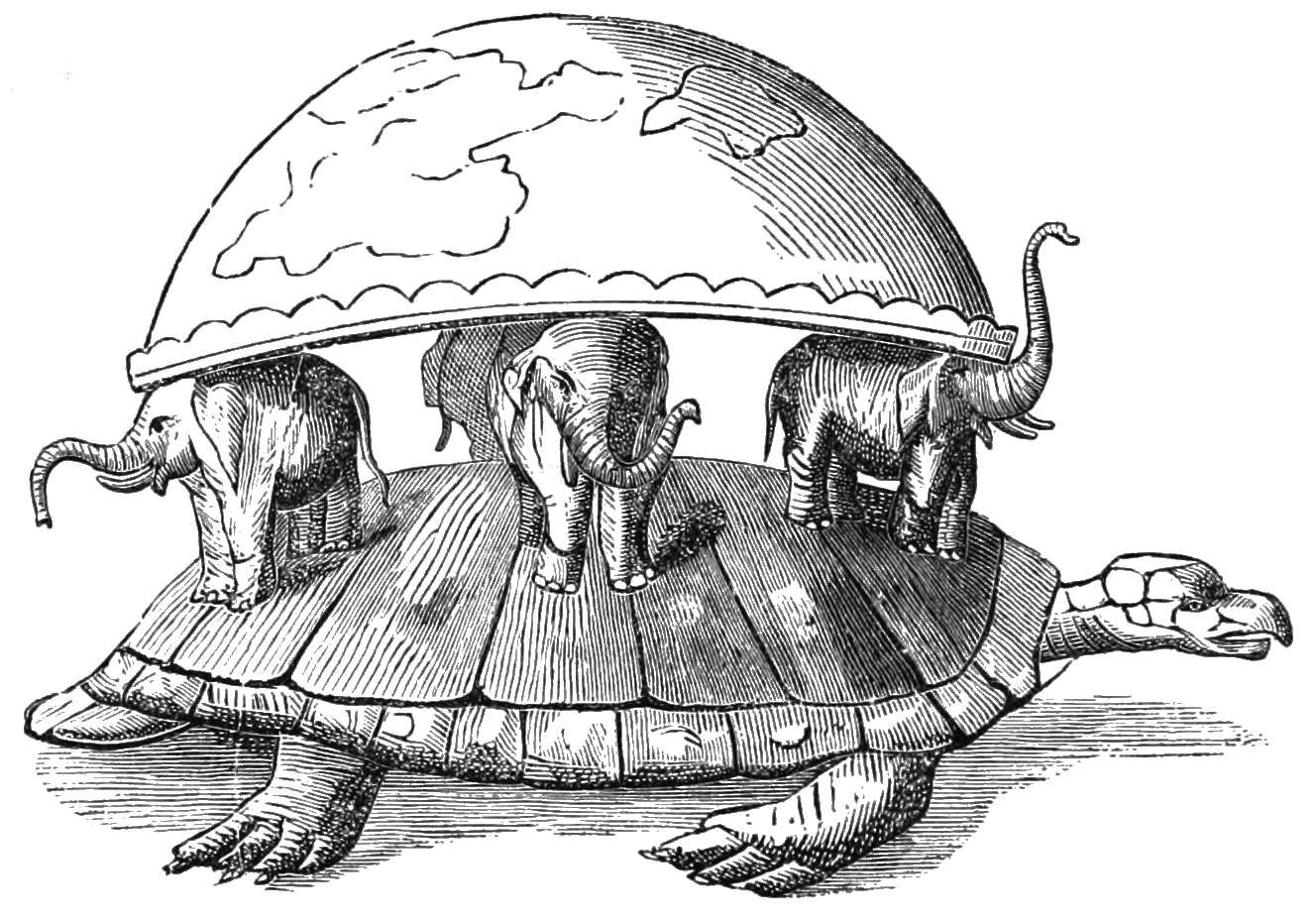
Have you ever experienced a philosophical crisis? That state of mind where you feel like a newborn, trying to learn everything anew? That yearning to grasp the foundations of your beliefs and the world around you—or at least make sense of what you’re learning or reading? I was in this state of epistemological desperation until a good friend showed me a way out.
My dear friend Gintaras is a priest and a Doctor of Philosophy (a real PhD 😉). He is also a very good listener with a taste for good beer. He patiently listened to my rants, diagnosed me with gross philosophical ignorance, and quickly came up with a curriculum to fix it. He recommended that I start by reading Plato’s Apology, and then move on to other dialogues. He also suggested that I listen to the History of Philosophy Without Any Gaps podcast, hosted by Peter Adamson.
Admittedly, this isn’t the sexiest podcast at first glance. It doesn’t cover controversial political topics, feature conspiracy theorists, or include the word “AI” in its title. But don’t let appearances fog your judgement. It is an impressive project that began in 2010 with the ambitious goal of covering the entire history of philosophy in a concise yet comprehensive and nearly systematic way. It took the host 15 years to cover the ground between Tales and Descartes. It is essentially a solo project, though it occasionally features invited guests. Upon closer examination, it becomes clear that, as a podcast about the history of human thought, it actually touches on contentious political topics, conspiracy theories, and many (all?) of the ideas underpinning modern science and technology.
As its title suggests, the podcast goes well beyond the standard curriculum of Greek and European philosophy to include other traditions, such as Africana, Islamic, Indian, and Chinese philosophy. The short episodes are punctuated with puns and charmingly lame and recurrent jokes that you will grow to appreciate with time. If you don’t like podcasts, transcripts are also available in book form.
I listen to it nonlinearly, jumping from one theme to another and sometimes repeating series of episodes that I want to understand better (e.g., Enlightenment, Reformation, etc.). I have learned many things from this podcast. For instance, I learned how important Aristotelian thought was for all Abrahamic religions at one point in history, and how these religions and cultures converged at contact points such as Sicily and Andalusia. I learned how intertwined philosophical ideas were among Christianity, Islam, and Judaism, and how Greek philosophy was preserved thanks to Arabic scholars and philosophers who translated the texts and created reference commentaries that became as important as the originals.
Overall, I have thoroughly enjoyed exploring the topic that originally motivated me to listen to this podcast: the role of philosophy in the history of science and mathematics. I also discovered one of my favorite thinkers: the French philosopher Michel de Montaigne. And much more!
I hope this endeavor continues for a long time.
Finally, and at the risk of sounding cheesy, I truly believe that studying philosophy and the history of human thought could make the world a better place, especially in times of crisis when many tyrants advocate for technocracy and the dismantling of human sciences and institutions.
Credits
- Turtle image taken from Wikipedia